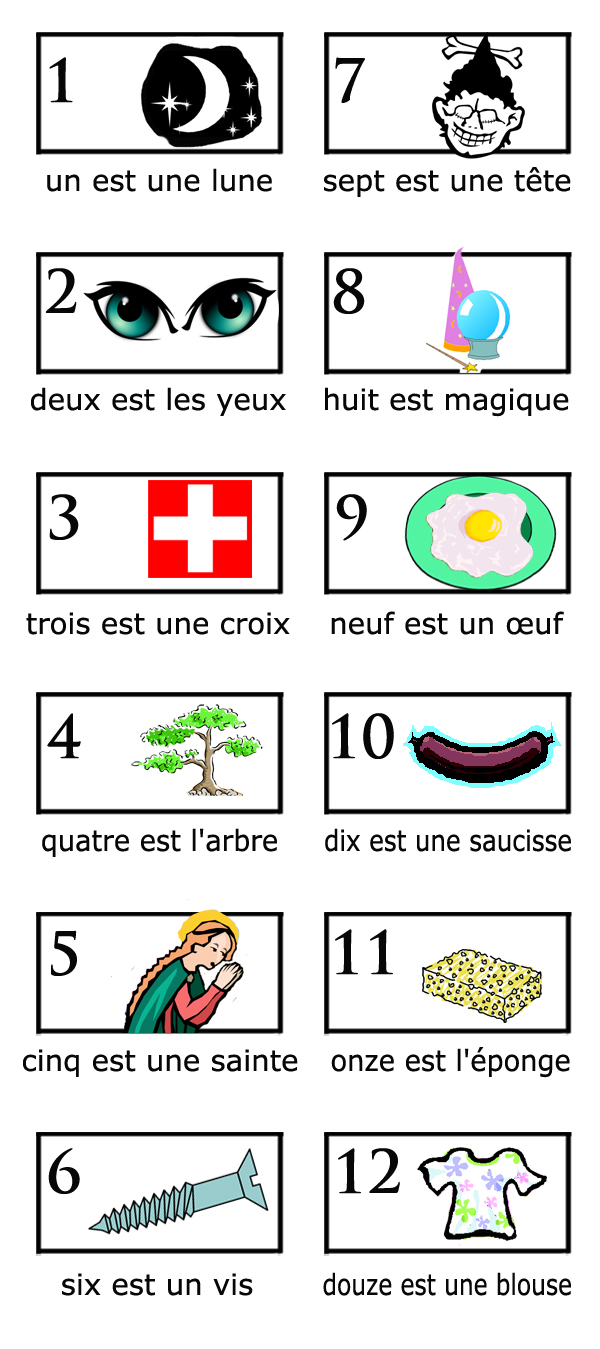Graphic summaries are summaries that reorganize the text. Two examples of graphic summaries are outlines and graphic organizers.
In an outline, topics are listed with their subtopics in a linear format, like this:
Branches of Government (U.S.A.) |
|||
|
I. |
Executive Branch |
|
|
|
| |||
